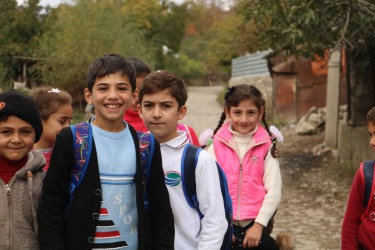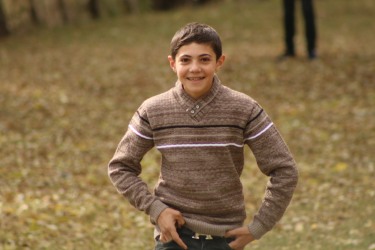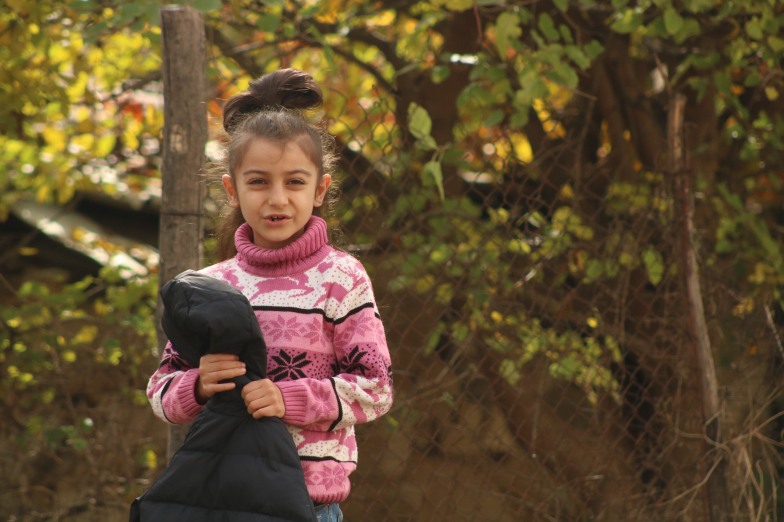Only 90 minutes from Tbilisi in Marneuli region is the village of Tsopi. It may look ordinary but for people who come from Armenia or Azerbaijan, the village appears surreal.
More than 900 people live there in 198 houses, mostly Armenians and Azerbaijanis, plus a few Greeks and Georgians. You seldom hear Georgian language here, but that doesn’t prevent locals from preparing for Sunday’s presidential elections.
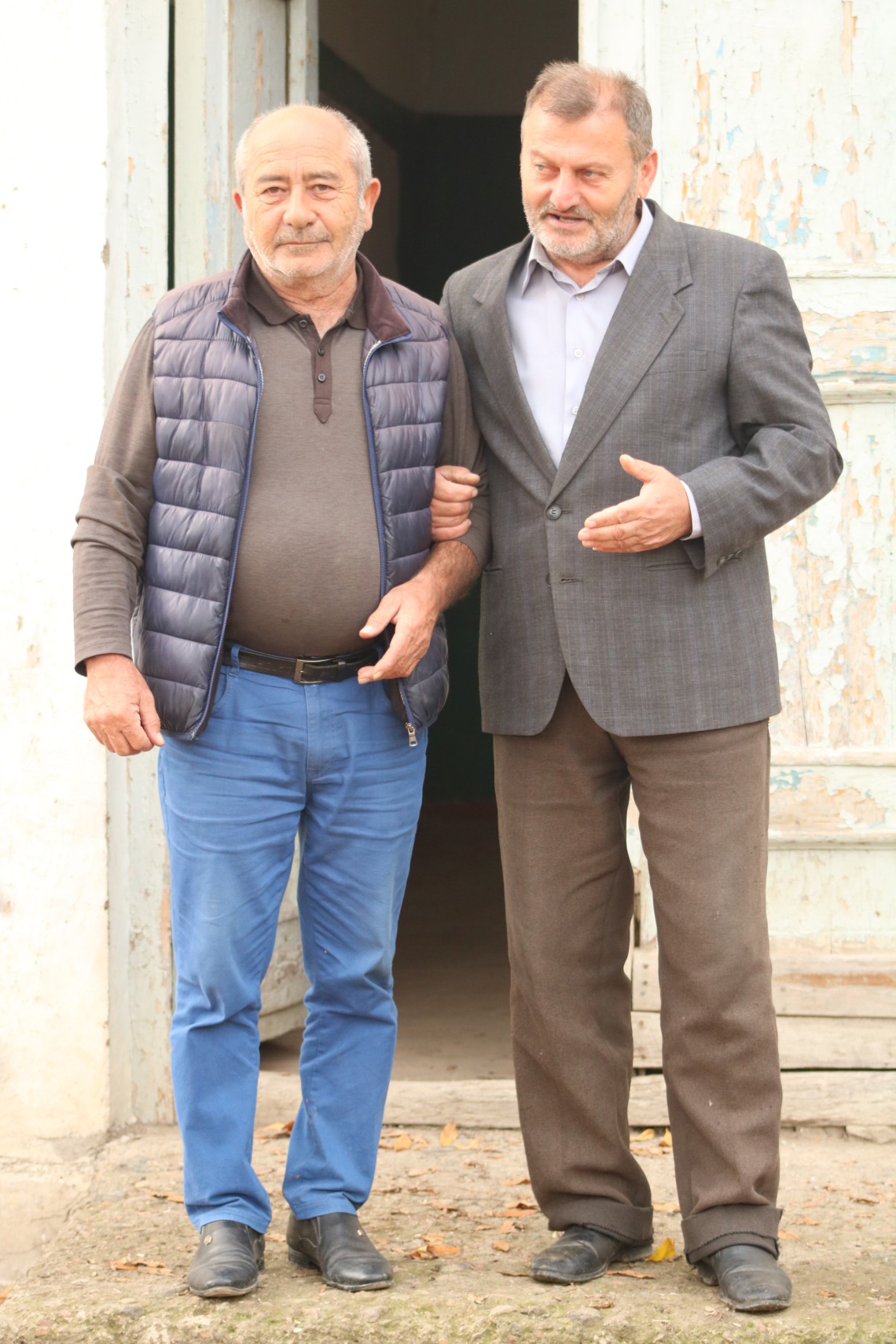
Masim Ibadov (Azerbaijani) and Artur Tsatinyan (Armenian) talk fluently in both languages: Armenian and Azerbaijani. The 25-year conflict between the two countries doesn’t seem to affect the relations of villagers living here.
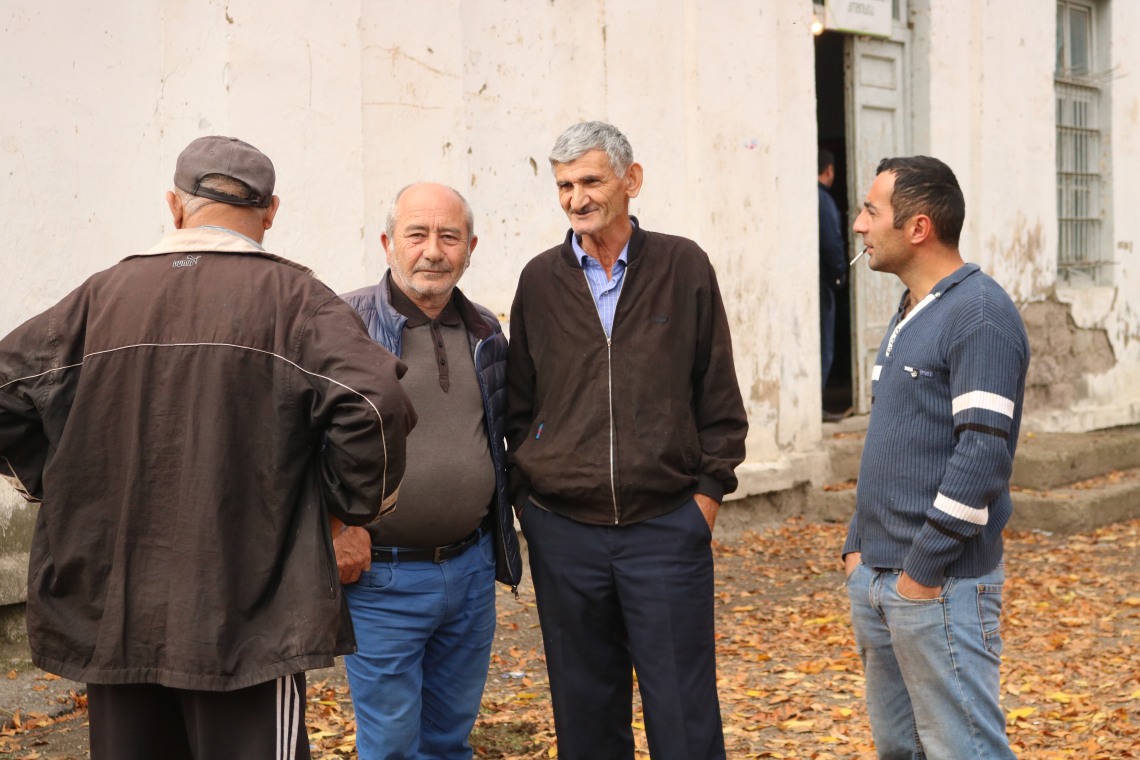
However, friendly relations alone can’t help villagers improve their living conditions. Locals face many problems in their daily life. They have concerns about the future of their village. The main road to the village of Tsopi has mostly collapsed, houses aren’t hooked up to natural gas, and the public school has not been repaired for a long time. Villagers say they cannot use fertile lands for agricultural purposes because they belong to the church.
But hopes rise with the oncoming elections. Villagers say they believe their problems might be solved.


Tsopi has 540 potential voters. In a half-collapsed polling station, preparations are underway. Every day people gather and talk about politics in front of this old building, which was a cultural center for collective farmers decades ago.
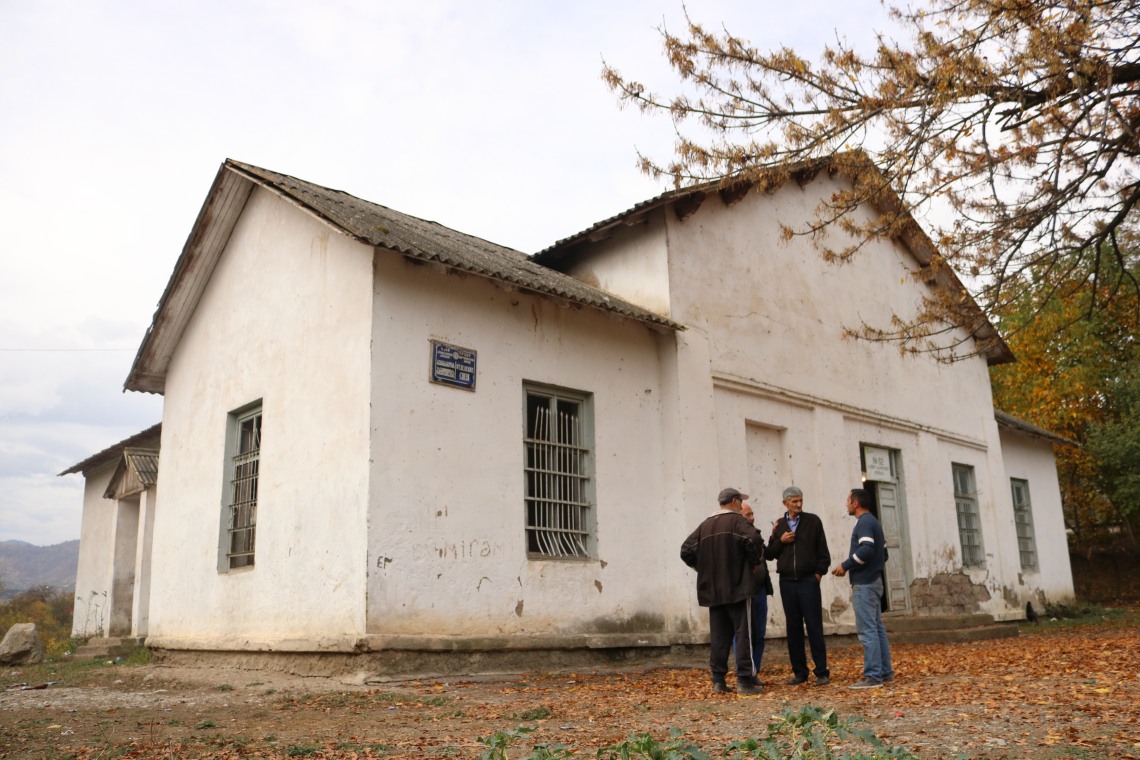
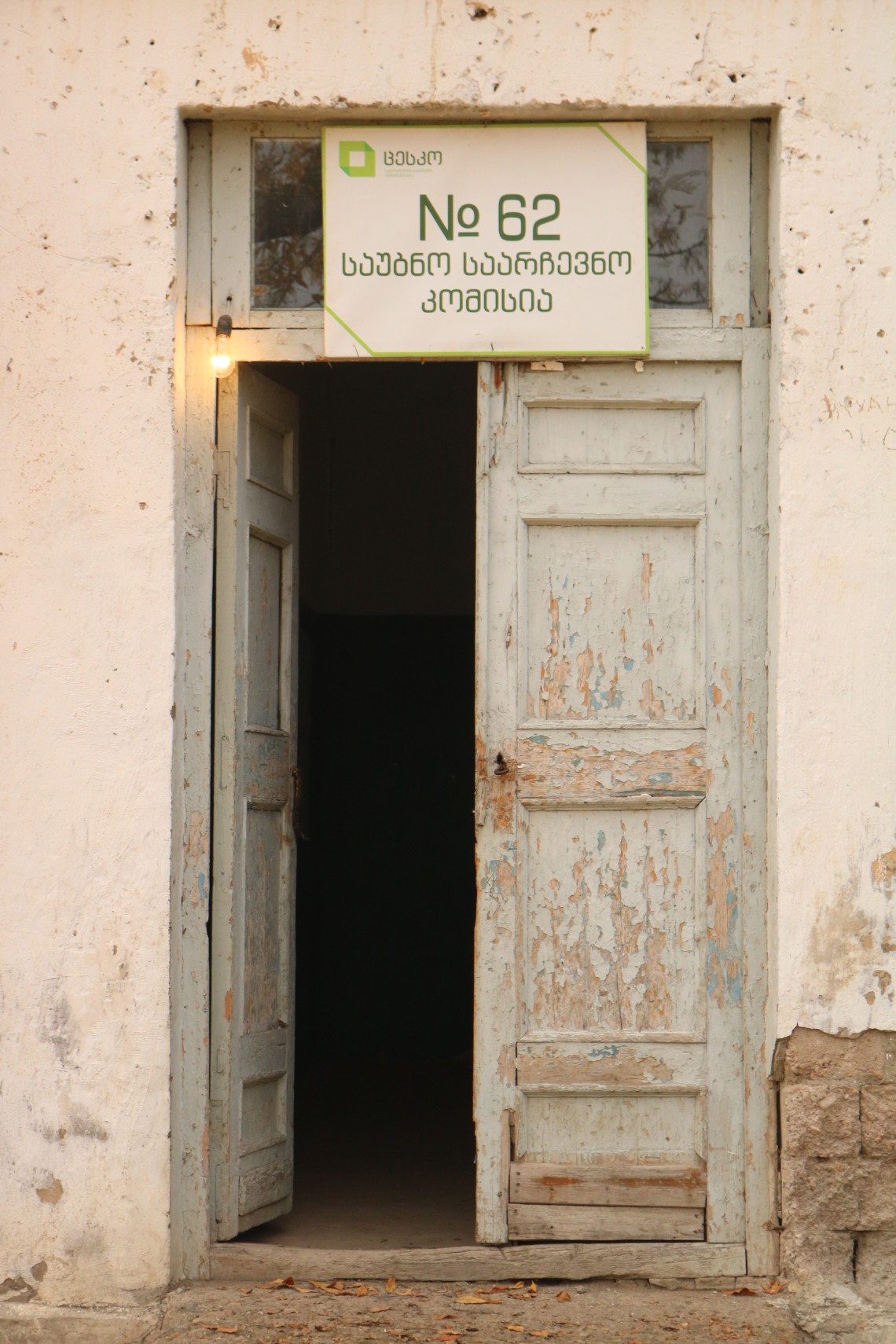
Only one representative of the presidential candidates – David Bakradze’s representative in Marneuli, — has paid a visit to Tsopi.
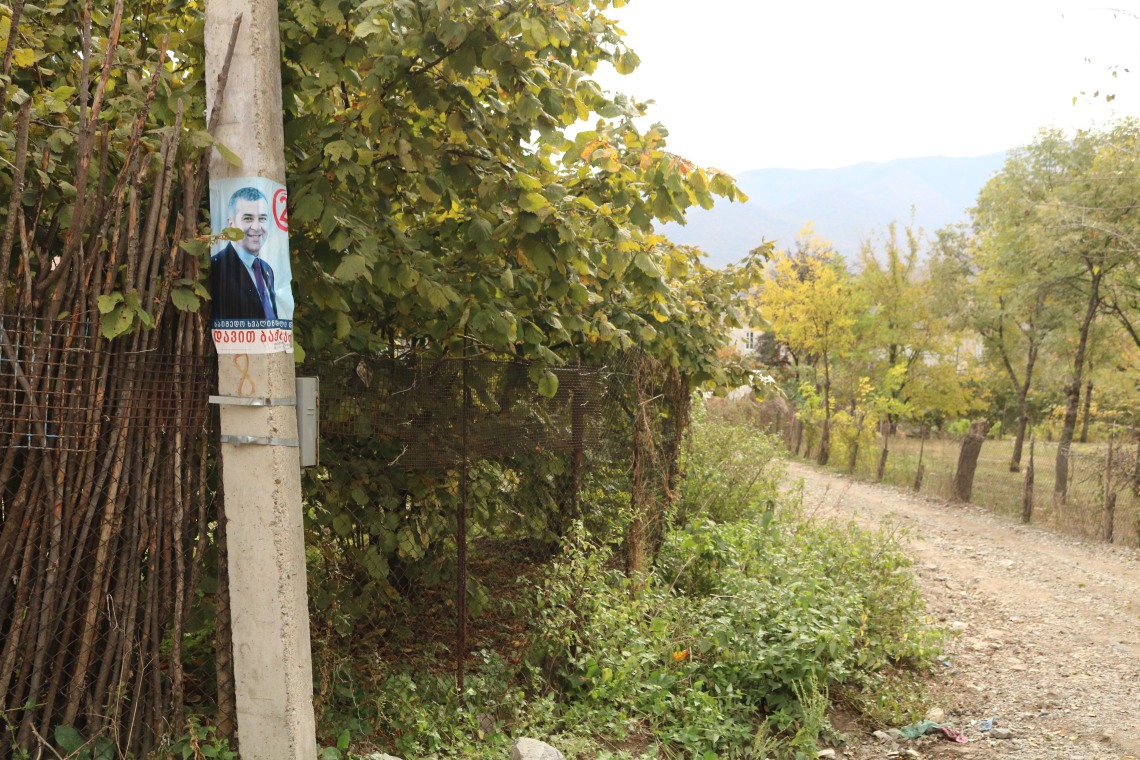
Elianora Mikhailovna, said they are not satisfied with the situation. “I would like the candidates or at least their represantatives to be here and listen to our problems,” she said.

Local people say that many times they have filed complaints about the problems of Tsopi with authorities. Each election they receive plenty of promises from candidates, but they said changes happen slowly. What has changed most of is the level of interest in candidates, which is decreasing.
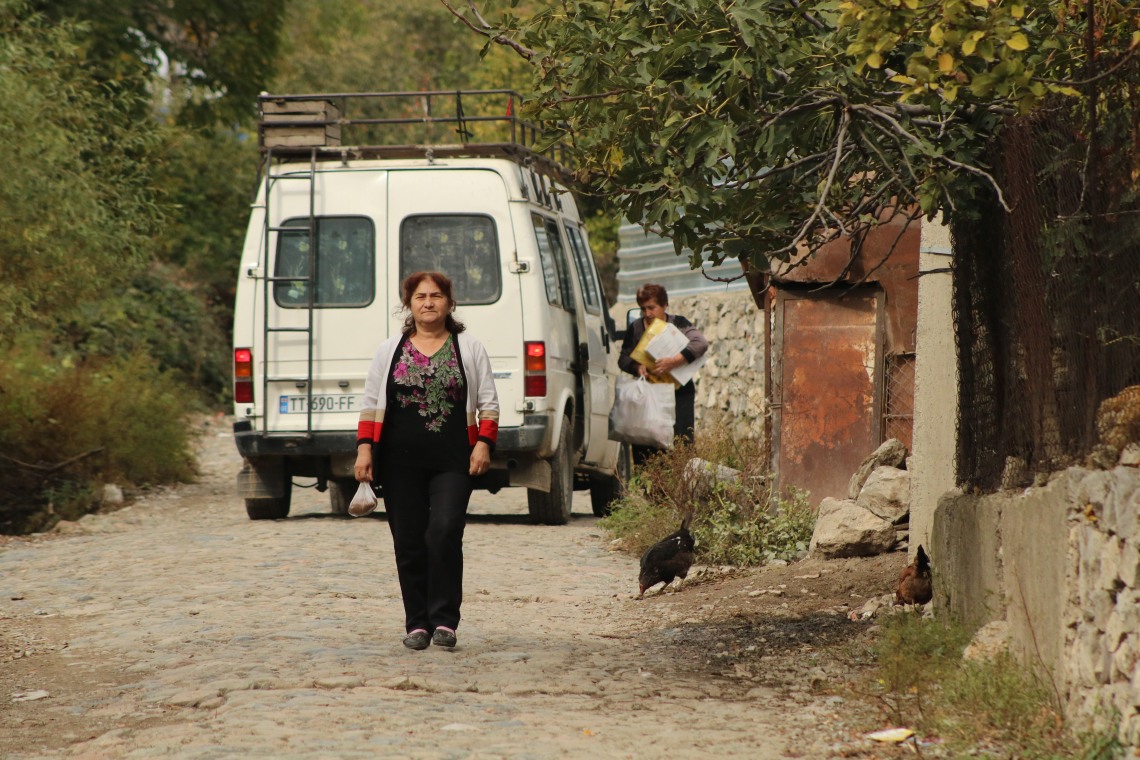
Yes, some have hopes. “How could one live without hope?” says Artur Tsatinyan with a smile.
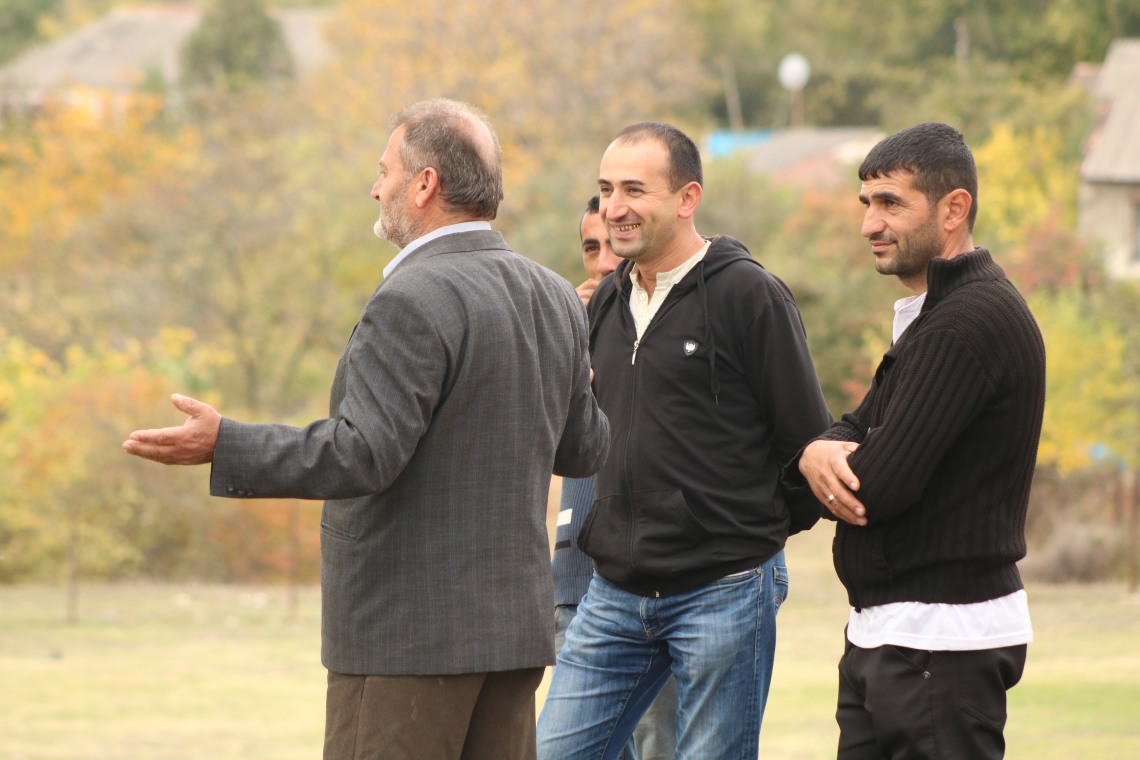

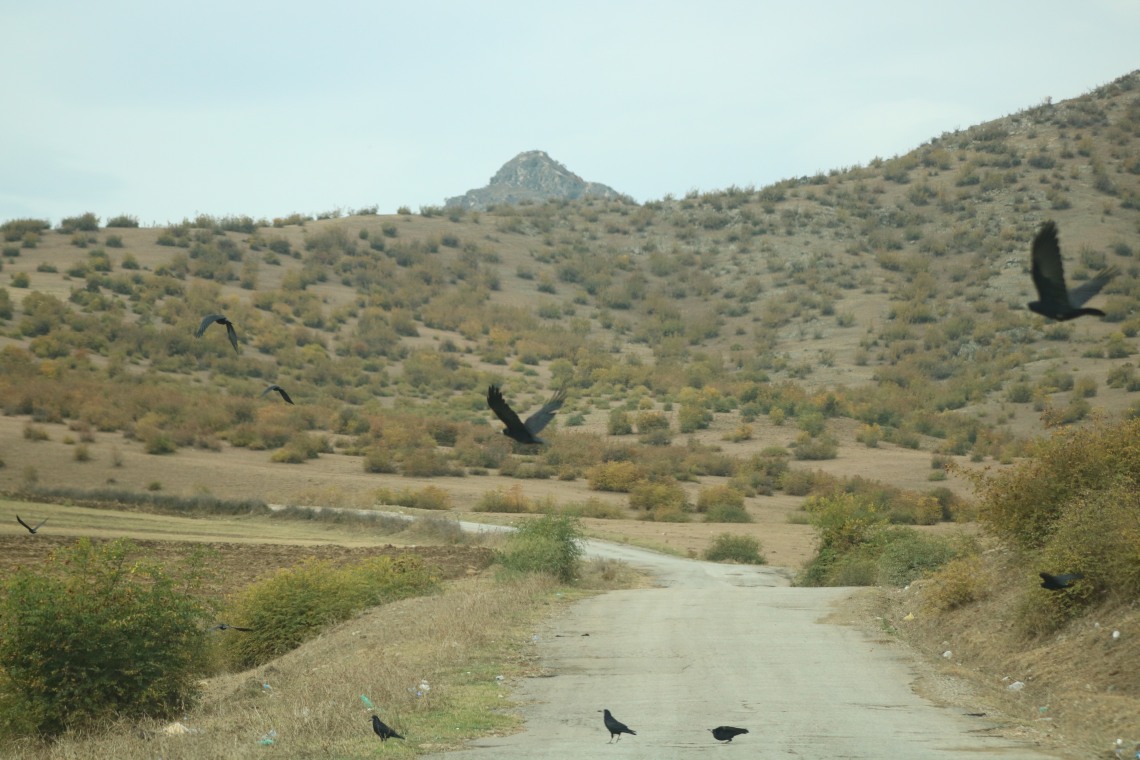
Photos by Said Babazade

